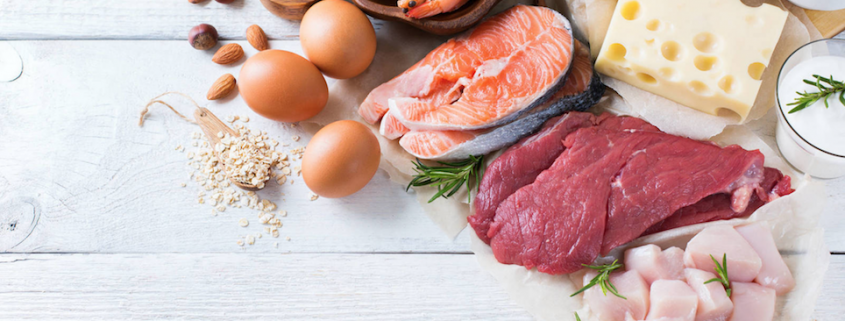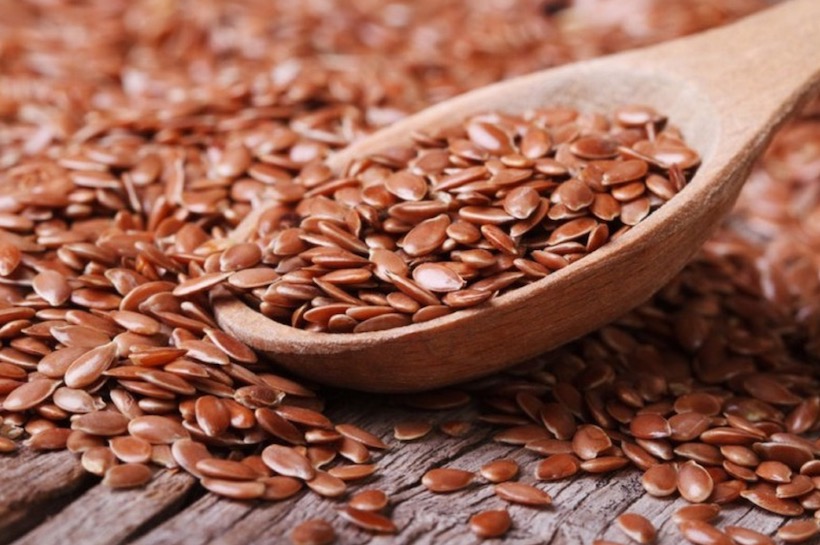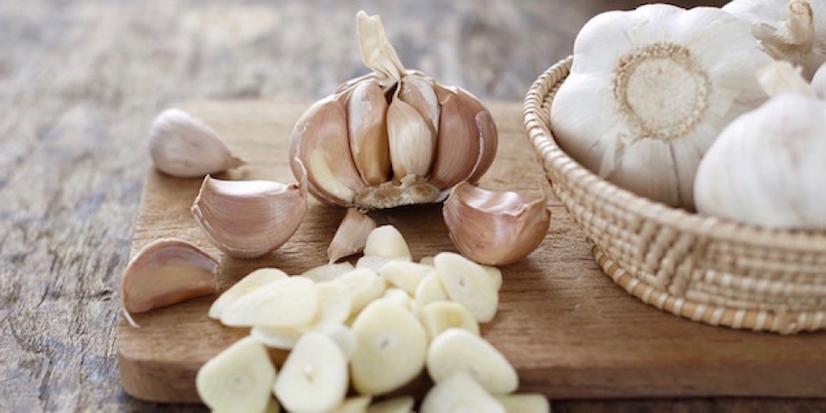Whenever I post pictures of meats, eggs or cheese, there is almost always at least one question or comment about the high cholesterol content of these foods. That’s probably the first thing that comes to your mind when you think of these foods. Indeed, such foods have long been viewed as dietary bogeymen of sorts, thought to raise blood cholesterol levels thereby increasing the risk of heart disease.
Despite common belief, research has continued to show that dietary cholesterol (the cholesterol found in the foods we eat) contributes very little, if any, to the development of high cholesterol and related health problems. But, this notion is so deeply ingrained in American culture that few have willingly accepted the fact that dietary cholesterol is not, and has never been, a ‘bad’ thing.
So, where did this whole idea even come from?
Honestly, that’s a complicated question—One that I can best answer by first offering a quick explanation of high cholesterol in general.
Related Article: High Cholesterol: What You Need to Know
Simply put, high cholesterol (or hypercholesterolemia) is a condition in which there’s too much of a certain type of cholesterol (lipid) and/or an abundance of triglycerides (fats from foods) floating around in the bloodstream. Let me emphasize the phrase “a certain type of cholesterol” as not all cholesterol is “bad” is cholesterol.
Low-density lipoprotein (LDL) cholesterol is the type that’s generally labeled as bad. Along with triglycerides, excess LDL cholesterol in the bloodstream tends to settle as fatty deposits within the walls of arteries. These deposits build up and form what are called plaques, which, over time cause narrowing or blockage of arteries.
This condition, known as atherosclerosis, limits the healthy flow of blood (and consequently oxygen), increasing the risk of heart disease and potentially life-threatening complications like heart attack and stroke due to reduced oxygen supply to the heart and brain, respectively. Plaques can also rupture and cause blood clots, which further increases the risk of complications.
Eating high cholesterol foods was originally suggested to increase LDL cholesterol and triglyceride levels. This theory evolved more than half a century ago, yet it was never backed by sound science and quality data. In fact, many researchers selectively excluded information in order to sway results.
It was only until recently that scientists have started to use higher quality research methods to delve deeper into the dietary cholesterol-heart disease connection. Consistent results have proven that cholesterol in the diet is not associated with an increased risk of heart disease.
Here’s the bottom line: The liver plays the most crucial role in the overall regulation of cholesterol levels in the body. With increased consumption of high cholesterol foods, the liver simply adapts. Its inherent role is to clear excess LDL cholesterol from the bloodstream and remove it from the body. The liver also actively breaks down triglycerides to meet the body’s constant demand for energy.
Cholesterol in the diet is not associated with an increased risk of heart disease.
Genetics can largely influence the ability (or inability) of the liver to function at optimal levels, which is why heredity is a well-known risk factor in the development hypercholesterolemia and, ultimately, heart disease. In fact, it’s actually more of a driving force than what we eat.
Consequently, scientists have finally stopped discouraging intake of high cholesterol foods due to cholesterol content alone and the medical community has also joined in.
Now, you’re probably wondering if you still need to watch your cholesterol intake?
Well, according to the 2015-2020 Dietary Guidelines for Americans, cholesterol is still important to consider when building healthy eating patterns, therefore, people should still eat as little dietary cholesterol as possible. Given that it was through previous editions of these very same guidelines that dietary cholesterol emerged as ‘Public Enemy Number 1’ for heart disease, follow this recommendation as you see fit.
Again, there is no significant link between the cholesterol you eat and your risk of heart disease.
This is not to say that what you eat doesn’t matter because it does.
If you’re really trying to reduce your risk of high cholesterol and related health problems, here’s my advice: Consider the overall nutritional value of any and all foods you eat.
Truth is, many of the world’s healthiest foods contain relatively large amounts of cholesterol along with countless other nutrients that actually promote heart health. Such foods include eggs, dairy foods, grass-fed meats, fish and shellfish so definitely don’t avoid them solely due to their high cholesterol content.
Related Article: Red Meat: Nutritional Friend or Foe?
It’s also important to regularly consume foods rich in dietary fiber. In and of itself, fiber binds with LDL cholesterol particles in the bloodstream and removes them from the body (along with other wastes) before they are fully absorbed. Foods that house large amounts of dietary fiber include vegetables, fruits, whole grains, legumes (beans, peas and lentils), nuts and seeds.
Related Article: How Different Types of Fiber Affect Your Health
Another effective cholesterol-lowering dietary strategy involves eating foods that support increases in high-density lipoprotein (HDL) cholesterol, which is the “good” cholesterol.
This type of cholesterol essentially serves as a vehicle for transporting LDL cholesterol from the arterial walls to the liver where it’s removed from the body altogether. Therefore, increased HDL cholesterol is especially beneficial for anyone genetically predisposed to high cholesterol.
Foods proven to boost HDL cholesterol include oily fish like salmon, trout, halibut, sardines and anchovies in addition to plant-based foods like avocado, olives and extra-virgin olive oil, nuts and seeds, so these all make great staples for a healthy diet.
Related Article: Good Fats Versus Bad Fats: What You Need to Know About Dietary Fat
Lastly, if you’re going to limit any foods, limit those comprised of artificial trans-fat, empty carbohydrates, and added sugars.
Such foods include commercially baked goods (cakes, cookies and crackers), white bread, rice and pasta, candy and soft drinks, battered and/or deep-fried foods (French fries, fried meats and doughnuts), shortening (Crisco), and stick margarine.
Related Article: Eating to Naturally Lower Your Cholesterol
At the end of the day, these are greater contributors to hypercholesterolemia, heart disease and overall poor health than high cholesterol foods have ever been.






